This post is lengthy for an email so read all the recommendations on a web browser. Also, read recommendations from 2022 - click here
It's that time of the year again when I dive into the literary jungle of the past 12 months, machete in hand, hacking away at the overgrowth of mediocrity1 to uncover the hidden gems. I'm not interested in the shiny new baubles that everyone else is fawning over. I'm after the books that left an indelible mark on my psyche. The ones I'd stake my reputation on. Just click on the links and let the intellectual satiation begin.
Bold Reinvention of an Ancient Classic
One of the few memories I have of my dad, before he walked out on my family, is him reading Greek Mythology to my twin brother and I. It will take a psychologist for this psychologist to unravel the issues of tying his relationship to me with ancient fables where the Gods do crazy ass, brutal shit to humans.
With that backdrop, I rarely miss an opportunity to read unusual retellings of classics. Look no further than Jeanette who goes gonzo in "Weight: The Myth of Atlas and Heracles." She has huge ovaries to create a modern spin on this classic.
Let Jeannette sell this book with her own words:
"My work is full of cover versions. I like to take stories we think we know and record them differently. In the retelling comes a new emphasis or bias, and the new arrangement of the key elements demands that fresh material be injected into the existing text. Weight moves far away from the simple story of Atlas’s punishment and his temporary relief when Heracles takes the world off his shoulders. I wanted to explore loneliness, isolation, responsibility, burden, and freedom, too, because my version has a very particular end not found elsewhere."
Everybody should be talking about her....
I'll be one of those groupies sleeping outside Barnes + Noble to get first dibs on her next book (please let it be the other 11 of 12 labors of Hercules).
A Surprising Expose on Happiness
I love a book on what happens after death. In The Midnight Library, Matt Haig takes a cue from Jorge Borges' "The Library of Babel." Nora Seed dies and ends up with a seemingly endless array of books, each with an autobiographical story based on an alternative decision at a fork in the road. It could be as inconsequential as flossing teeth in the morning, accepting a free drink from a bar patron, or washing her hands after gorging a souvlaki. She spends much of the afterlife switching from one life to another until she figures out the ingredients of a satisfying life that matters.
This quote on p.211 captures the psychological difference between people who are satisfiers versus maximizers:
Nora came to understand something...You didn't have to enjoy every aspect of each life to keep having the option of experiencing them. You just had to never give up on the idea that there would be a life somewhere that could be enjoyed. Equally, enjoying a life didn't mean you stayed in that life. You only stayed in a life for ever if you couldn't imagine a better one, and yet, paradoxically, the more lives you tried the easier it became to think of something better, as the imagination broadened a bit more with every new life she sampled.
As you might imagine, those of us who seek to constantly arrive at the ideal or maximal option are far less happy than people who are at peace crossing a satisfaction threshold in their choices before moving on.
This fictional tale offers meditative insights that match the entire year of psychological science on well-being, regret, and decision-making. I did not want this book to end. I could have read through a few hundred more of Nora's lives.
And in case you never read a book by Matt Haig, do sample his other gems such as The Humans.
How Fucking Eccentric Can You Get?
Bizarre Romance is the brainchild of the married author, Audrey Niffenegger, and illustrator, Eddie Campbell. This collection of short stories, mostly illustrated, is meant for people who enjoy sleeping in sensory deprivation tanks and consume chicken nuggets processed into liquid gel just like their favorite cosmonauts.
The stories weave in elements of fantasy, including fairies, angels, and spectral cats. While all the stories are enjoyable, a few stand out:
"Thursdays, Six to Eight P.M.” is a strange exploration of the boundaries we try to create in relationships, often for exceptionally good reasons.
"Jakob Wywialowski and the Angels" is a clever tale of a man who hires a pest control service to evict obnoxious angels from his attic.
"Rose Red Snow Riding Beauty Shoes Hood Sleeping White" is a surreal, witty alternative to Disney style fairy tales.
"The Ruin of Grant Lowery" serves as a cautionary tale about leading a superficial dating life and the perils of consuming fairy-made waffles.
The artwork is as imaginative as the stories themselves, skillfully drawn and brimming with creativity. Just know that this is unlike anything else I recommend. Do know there appears to be extreme reactions to this book - adoration and disdain. Which is exactly what drew me in.
The Terrifying Part of Parenting
Let me end with the most disturbing tale of the bunch. I cannot stop thinking about and talking about The Push by Ashley Audrain. This is a chilling, heart-stopping saga that will leave you questioning everything you thought you knew about parenting. It's a psychological horror story that plunges into the darkest corners of a parent's mind, exposing fears and insecurities that are as terrifying and unfortunately, relatable.
The narrative unfolds as a haunting, first-person letter from the mother, Blythe, to the father, Fox. A chilling confession that reveals cracks in their seemingly perfect marriage. There is this passage on p. 126 that captures the toil of a stay-at-home mother trying to be understood by her husband working outside the home:
The maternal histories of Blythe's mother and grandmother reveal another layer of women haunted by a lineage of emotional demons.
There are moments that push the boundaries of believability, such as when Blythe stalks Fox's new wife. But these moments only add to the mounting sense of dread.
As Blythe grapples with doubts about her ability to be a good mother, we're left questioning her reliability as a narrator. As Violet grows into an increasingly unlikable child, we're forced to confront the possibility that Blythe's perceptions may be grounded in a violent reality.
I kid you not. There were a few times I stopped breathing reading this. That hasn't happened since
The Psychological Thriller
I took a leap of faith and let my teenage daughter offer her first "you have to stop what you're doing and read this" recommendation. The result? A thrilling dive into the mind-bending world of The Silent Patient by Alex Michaelides.
The book centers around Alicia Berenson, a woman accused of murdering her husband who then retreats into a six-year silence. Enter Theo Faber, a therapist with an obsession to unravel Alicia's mystery. The narrative is a slow-burning fuse leading to an explosive twist.
The book isn't just about the mystery. It's a powerful meditation on silence. In a world that's constantly buzzing with noise, what power does silence hold? Trust me. You'll love it.
The Social Skill Enhancer
I co-authored a book with Robert Biswas-Diener, so yes, I am biased. But let me ask you this: why do you think I chose to co-author a book with this psychologist? Because he's one of the most intelligent, creative, and forward-thinking individuals I know.
Positive Provocation: 25 Questions to Elevate Your Coaching Practice is a testament to the power of curiosity. It's packed with crisp, short chapters that offer alternative perspectives to ponder in social interactions:
Can we trust eureka moments?
What if we used less empathy?
What if we didn't say anything at all?
Why ask why?
Now, if you're a coach/facilitator/therapist/leader or looking to upgrade interventions with individuals and teams, this book offers a path to better design thinking.
But if you're not in the trade of helping people through talk interventions, don't worry. Skip the preface, dive in, and think about how you engage with people in your life. Colleagues. Children. Partners. Family.
I found myself taking copious notes throughout while rethinking my default approach to conversations. Ask for more advice and give less (Chapter 1). Stop assuming you need to solve problems and appreciate the value in just recognizing them (Chapter 3). Ask more "why" questions to excavate information that lies beneath quick, surface level responses (e.g., what is it about your mom that bothers you is very different than asking why does your mother trigger you) (Chapter 7).
My hope is that more people read this and in turn, become more open and intellectually humble. Just a quick look on LinkedIn will remind you that these are traits that people could really use some improvement on (yours truly included).
Inventing a Better Society
Adam Benforado's "A Minor Revolution: How Prioritizing Kids Benefits Us All" dives into the intersection of child development and the legal system. It might sound dry, but it's packed with culture-busting ideas and you'll be taking copious notes. Benforado makes a compelling case for putting kids first, not just for moral reasons, but for long-term benefits to society.
Chapter 2 targets Early Childhood and the Right to Investment, arguing for the prioritization of kids' needs at this critical juncture. Here's a sobering stat to consider - "in 2020, 9.3% of children living in poverty had no health insurance at any time during the year." That means no annual check-ups to catch diseases in early stages, intervene, and prevent far more costly problems later. Unattended problems only compound over time. Regardless of your political leanings, it only makes sense to sacrifice resources to youth in hopes of building a future society of high-functioning adults.
Chapter 5 discusses Late Adolescence and the Right to Be Heard, underscoring the importance of respecting and valuing adolescents' voices and opinions. Benforado suggests that we might want to reconsider the voting age to include adolescents who show an understanding of what's at stake in elections. Why should ignorant adults get a free pass while curious, intelligent, wise youth are blocked?
Chapter 6, On the Cusp of Adulthood, champions the Right to Start Fresh, emphasizing the need for young adults to have opportunities for new beginnings. This is a deeply satisfying call for restorative justice when kids make mistakes during their early years - by teachers, parents, and adult figures, not just court systems.
This book is an enriching alternative to empty slogans like "it takes a village to raise a child." If you care about the welfare of children or have even an inkling of generativity, you need to read this.
How the hell does this book only have 12 ratings on Amazon? Get this into the hands of powerful people in the educational and court system.
The Othering Game
It is much easier to discuss concepts such as polarization, political extremism, groupthink, and cognitive biases in story form. Consider the science fiction tale, The Measure by Nikki Erlick and her inventive, countdown conundrum:
Imagine waking up one day to find a box at your doorstep, a box that mysteriously predicts the exact length of your life. The boxes appear out of nowhere, with no trace of who's delivering them or how they're eerily accurate.
The arrival of these boxes sends shockwaves around the globe. The world as we know it descends into chaos and trauma. Those with shorter lifelines find themselves on the receiving end of a twisted Darwinian nightmare. They're stripped of jobs, denied health insurance, and refused critical medical care. Even their eligibility for crucial roles in the military and government is questioned.
In the midst of this upheaval, politicians seize the opportunity to manipulate the situation to their advantage. They twist democratic principles to establish a reign of tyranny, exploiting the fears and insecurities of the populace.
This book is a chilling exploration of a world turned upside down by a simple string in a box. You will question the very nature of life, mortality, and the fragile balance of societal structures.
Also, enjoy the subtle writing style of Niki as she treats the reader as an intelligent being. Consider this seemingly throwaway line on p. 112:
During a vocab lesson today, one of my students defined "foolhardy" as "funny," and I had to tell her that she was wrong. She looked so confused, and then she said, "I'm sorry. I thought it meant what I wanted it to mean." I've never heard a student phrase it like that before, and I've been thinking about it all day.
Me too. Consider this book a retort to elitist assholes who say they don't have enough time for fiction.
The Unsettling Allure of Blood Vengeance
You might notice that I have a predilection for disturbing storylines and Nana Kwame Adjei-Brenyah's Chain-Gang All-Stars fits the bill. It's a dark, violent, inventive novel that leaves a lasting bitter taste.
The narrative centers around the Criminal Action Penal Entertainment program, or CAPE. Convicted murderers are formed into "Chain Gangs" or "links," and engage in televised death matches. The victors climb the ranks, with the ultimate prize being freedom.
We follow two popular gladiators, Loretta Thurwar and Hamara "Hurricane Staxxx” Stacker, who are teammates and lovers. Each link in the chain has a unique backstory and compelling reason for joining CAPE. Amidst the fanfare and popularity, we also encounter activist groups protesting the brutal spectacle.
The story also peels back the curtain on the puppeteers behind the scenes - the lawmakers, producers, and advertisers. They have their own agendas to protect, and the lengths they'll go to safeguard their interests are chilling.
Chain-Gang All-Stars is a jarring exploration of human depravity and graphic violence. But the brilliant writing keeps you hooked. The relationships between the links, their victories, defeats, and the psychological toll of their choices are portrayed with remarkable sensitivity. It's a stark reminder that these gladiators are humans - lives exploited for profit and entertainment.
The book cleverly critiques capitalism, commercialism, and racism, often using satire and footnotes to explain the rules of this alternate America.
Be warned: this is not a light read. And that is exactly what teenagers on up should be reading. If you want to upset a dysfunctional status quo, do not hide the ugly side of humanity...
Provoked is free today. But if you enjoyed this post, let me know this work is valuable by pledging a future subscription.
Dr. Todd B. Kashdan is an author of several books including The Upside of Your Dark Side (Penguin) and The Art of Insubordination: How to Dissent and Defy Effectively (Avery/Penguin) and Professor of Psychology and Leader of The Well-Being Laboratory at George Mason University.
Connect on: Twitter or Facebook or Linkedin or Instagram
Read Past Issues Here Including:
AI vs. Doctors - Who Is Most Trustworthy with a Diagnosis?
In The Upside of Your Dark Side, Dr. Robert Biswas-Diener and I wrote a provocative chapter titled, “Beyond the Obsession with Mindfulness.” In it, we discuss how sometimes the best decisions occur when we engage in a bit of mindless distraction. To be precise, there are four steps:
You're currently a free subscriber to Provoked. For the full experience, upgrade your subscription.
Please, please ask me in private for the large number of unsatisfying books I read this year. As an author, I can’t bear to harm anyone’s sales by making my disappointing reads public. But let it be known that I had to abort a lot of books - more so than any year in memory.




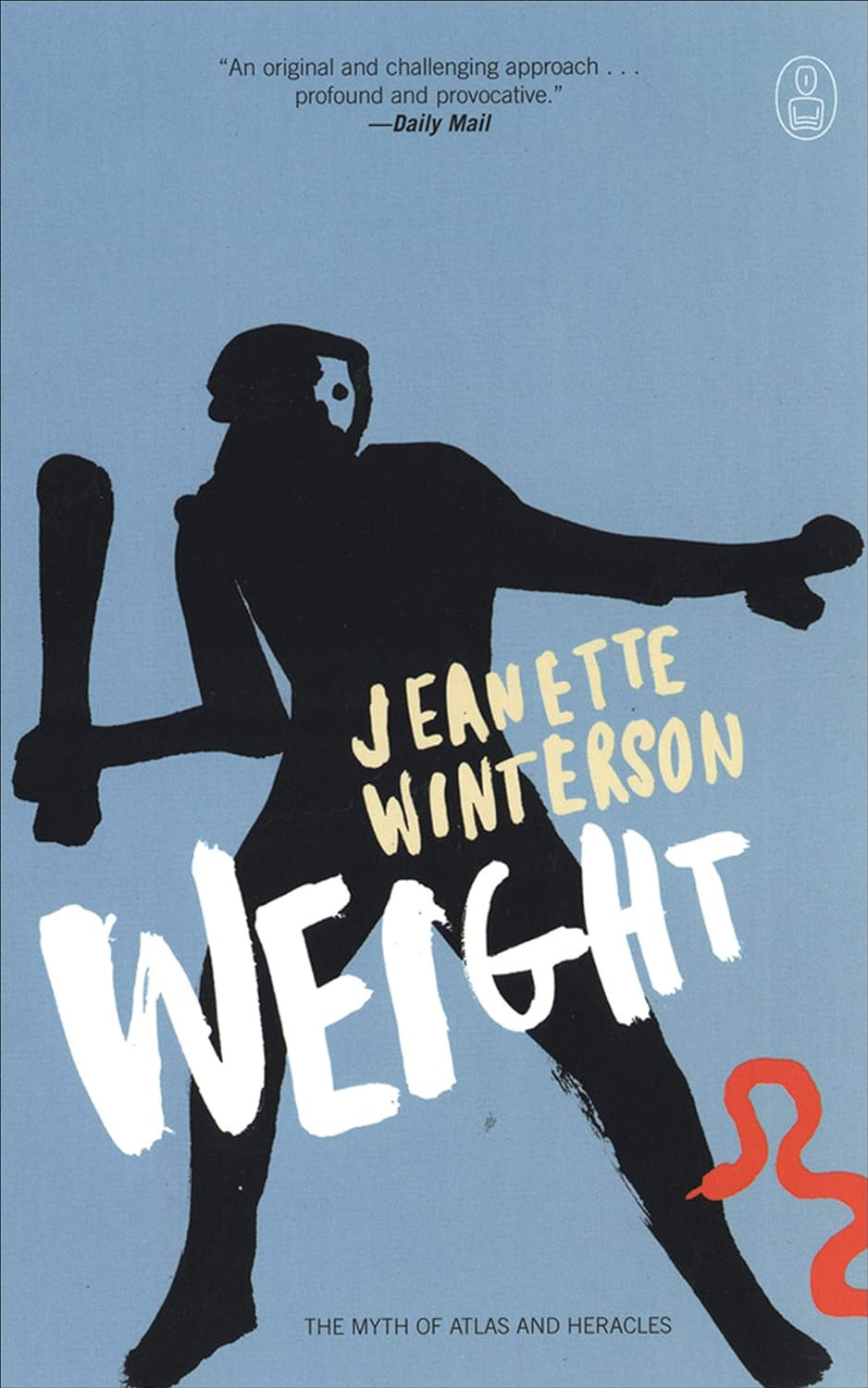
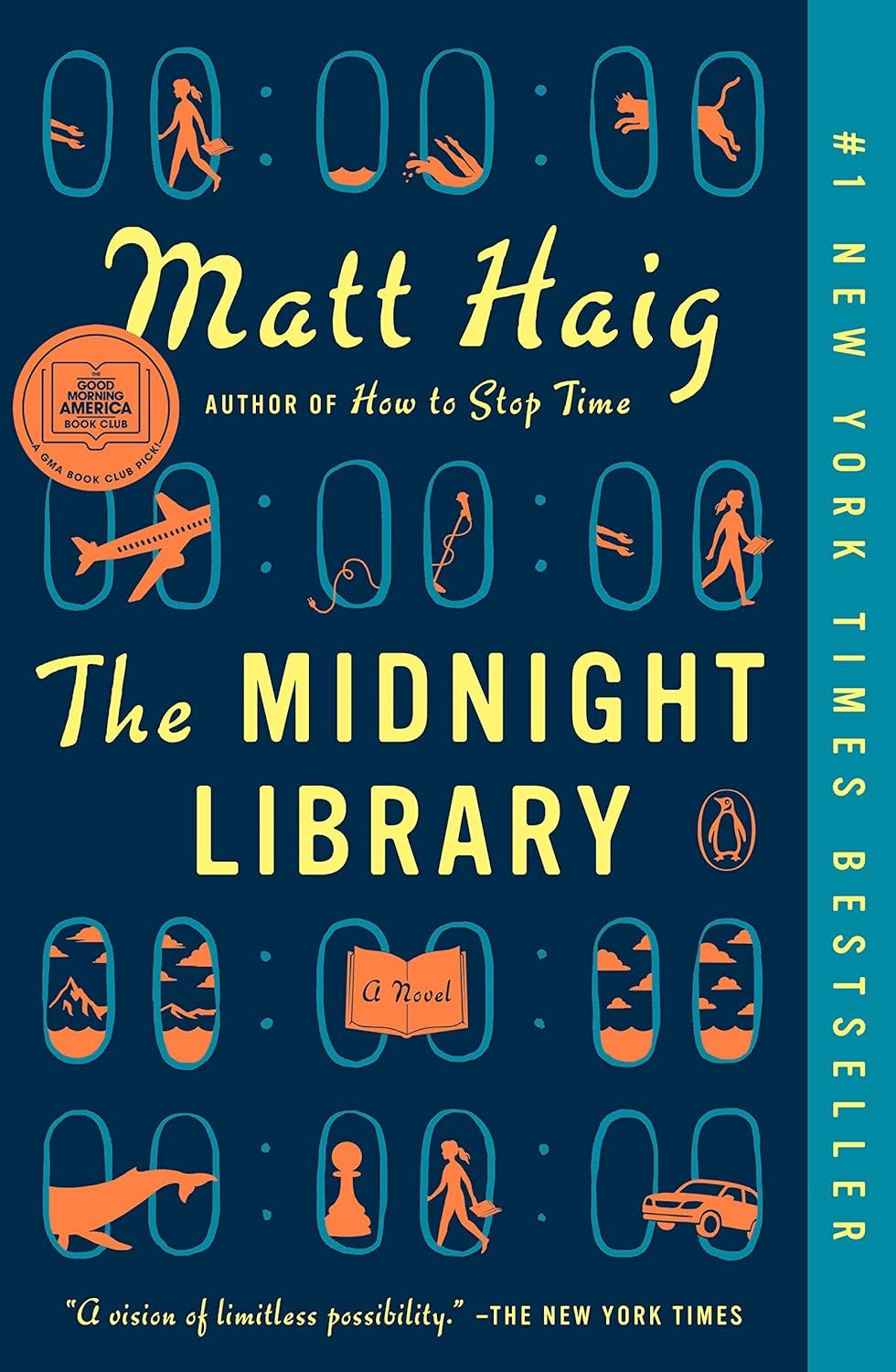
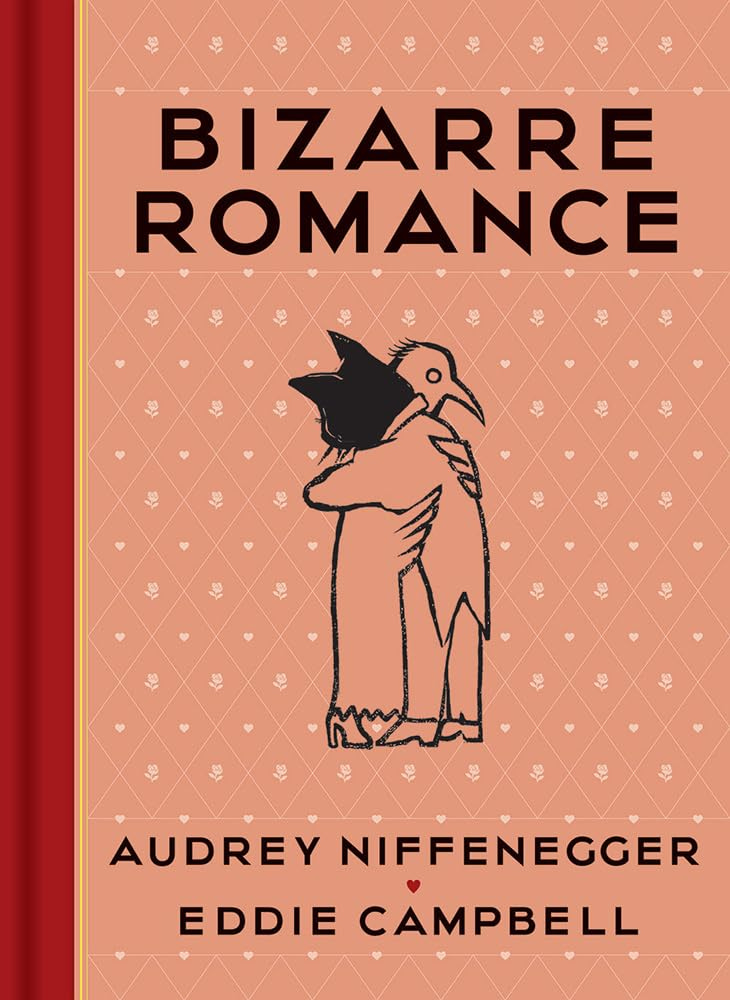

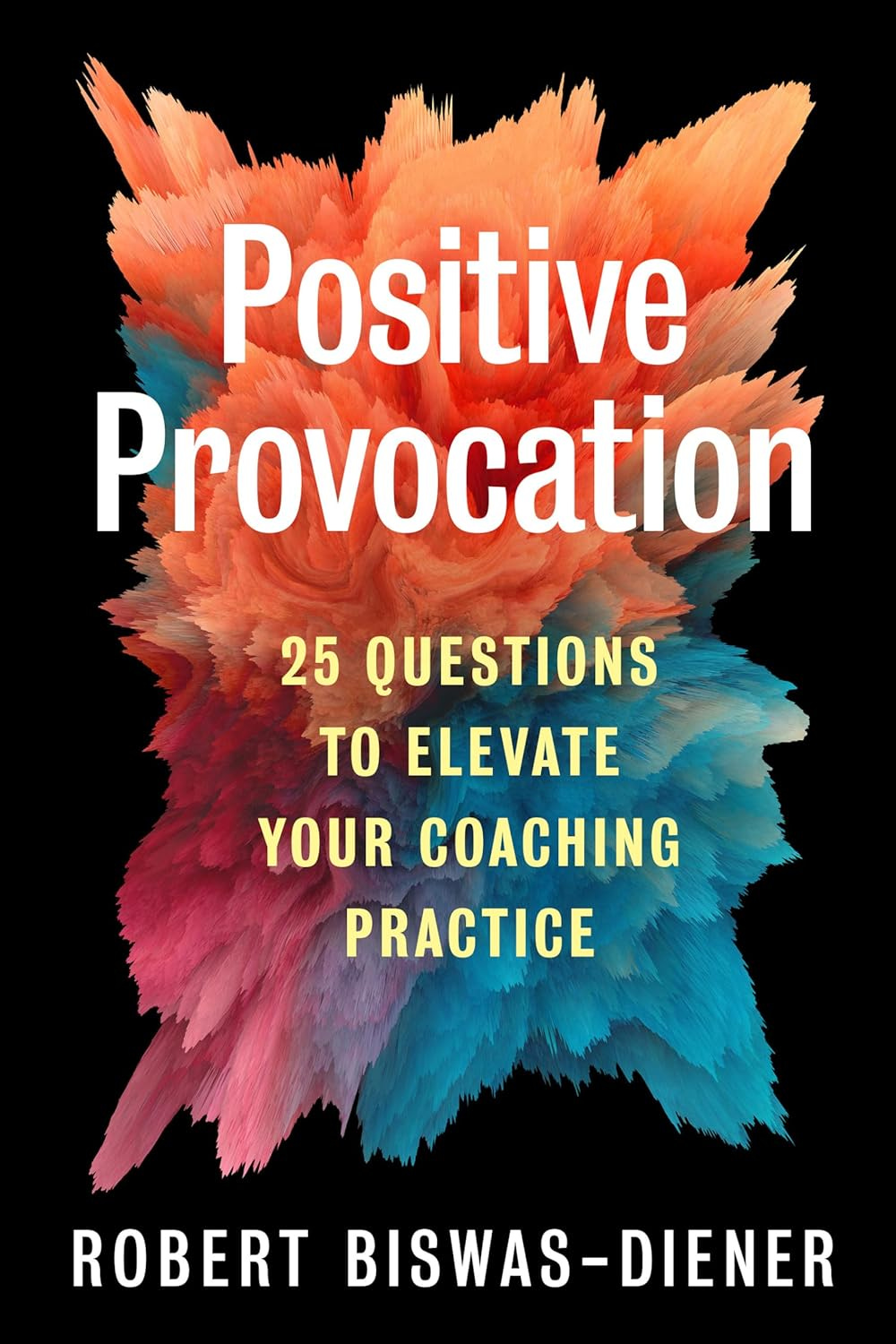
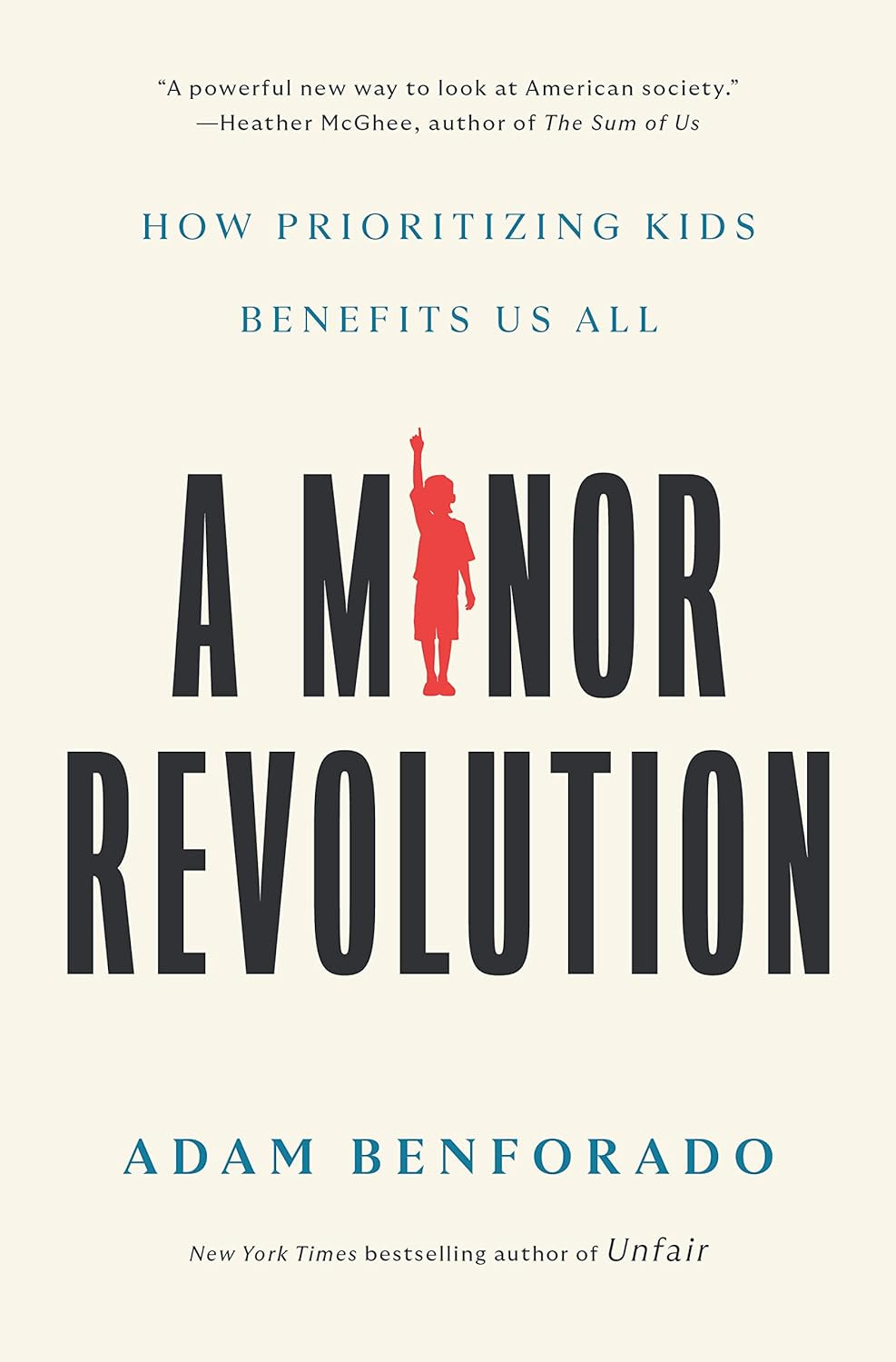


One of the many things I admire about you, Todd, is your wide-ranging, eclectic mind.